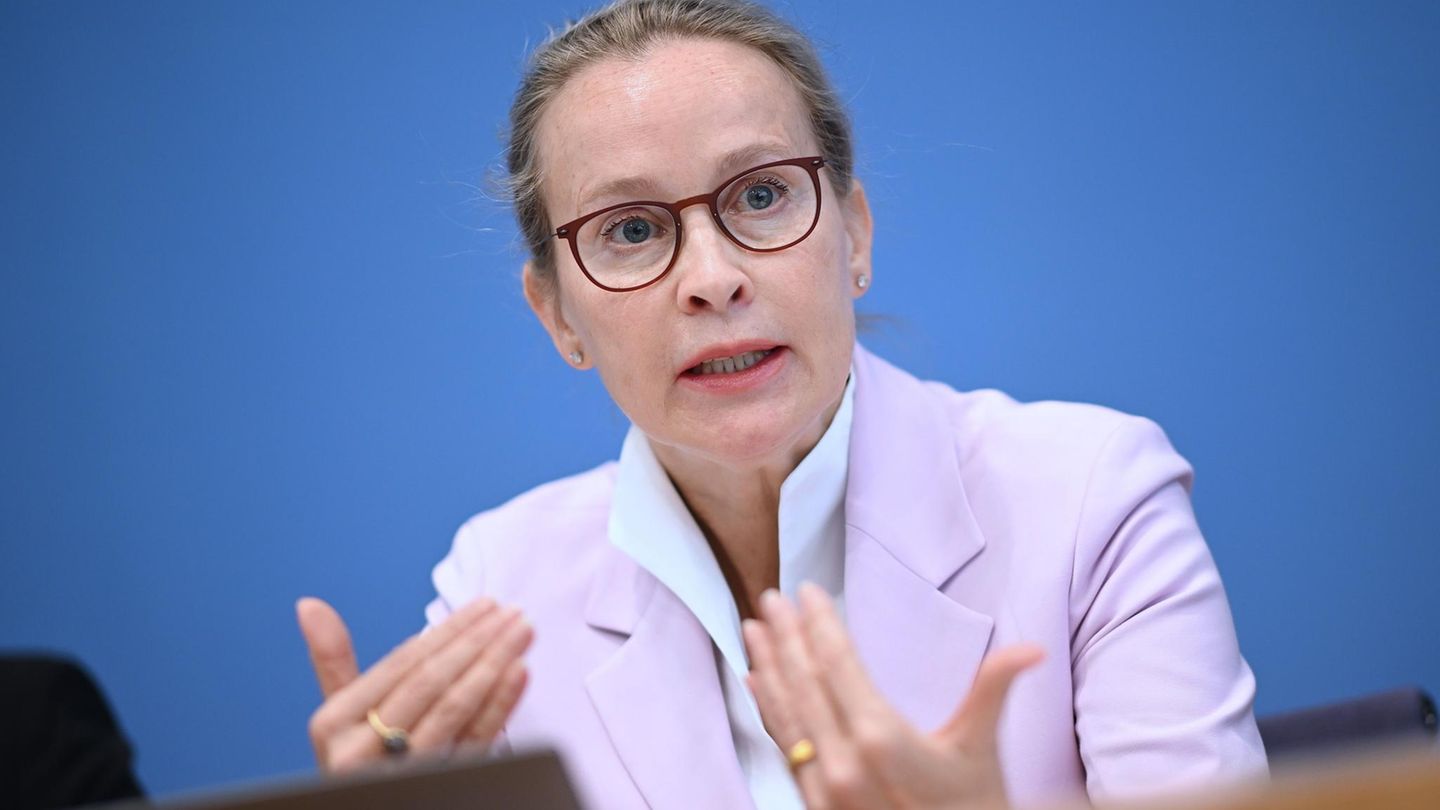For a week, the discounter collects prices on some products that also take environmental damage into account. The markups are sometimes significant, which is reflected in the sales figures.
Sales figures for the Penny discounter’s “true cost campaign” did not fall as sharply as expected. This is the result of a study by scientists from the Nuremberg University of Technology and the University of Greifswald. For the study, 2,255 people were surveyed about their purchasing behavior before and after the promotional week.
At the end of July 2023, the discounter Penny collected the “true” prices for nine selected products for one week – i.e. the amount that would actually have to be charged when all environmental damage caused by production was taken into account. As a result, products from cheese to Vienna sausages became up to 94 percent more expensive. Organic products received lower markups. According to its own statements, the retail chain wanted to create more awareness of the environmental impact of food production.
Donations for climate protection
According to the study authors, the fact that sales figures did not fall as sharply as expected with such large price increases is also due to the accompanying scientific communication and the connection with the donation. 84 percent of customers who bought the products despite the price increase said the donation was a strong reason. The chain, which is part of the Rewe Group, donated the additional income – supplemented by a corporate donation of 50,000 euros – to a project for climate protection and the preservation of family-run farms in the Alpine region. According to Penny, a total of more than 370,000 euros was raised.
According to the study, sales of the products have fallen throughout Germany. Customers did not buy the products primarily because of the price: 85 percent said it was too high. In the new federal states, the decline in sales figures was particularly severe, at up to 70 percent. In the west and south of Germany, sales of promotional products fell the least; in many places it was only up to 50 percent. These regional differences could be attributed to various factors such as income or interest in sustainability, the scientists write.
According to the study, 64 percent of those surveyed were aware of the penny campaign. This has made one in two people aware of the true cost of food. 46 percent said the campaign was just marketing and had no positive impact.
“After the campaign week, the estimates of additional costs for the true costs increased, both for products that were previously overestimated and for those that were underestimated. This shows that respondents have realized that the true costs are higher than originally accepted,” said the project manager and resource economist at the Nuremberg University of Technology, Tobias Gaugler. However, customers still do not differentiate between different products.
Source: Stern




